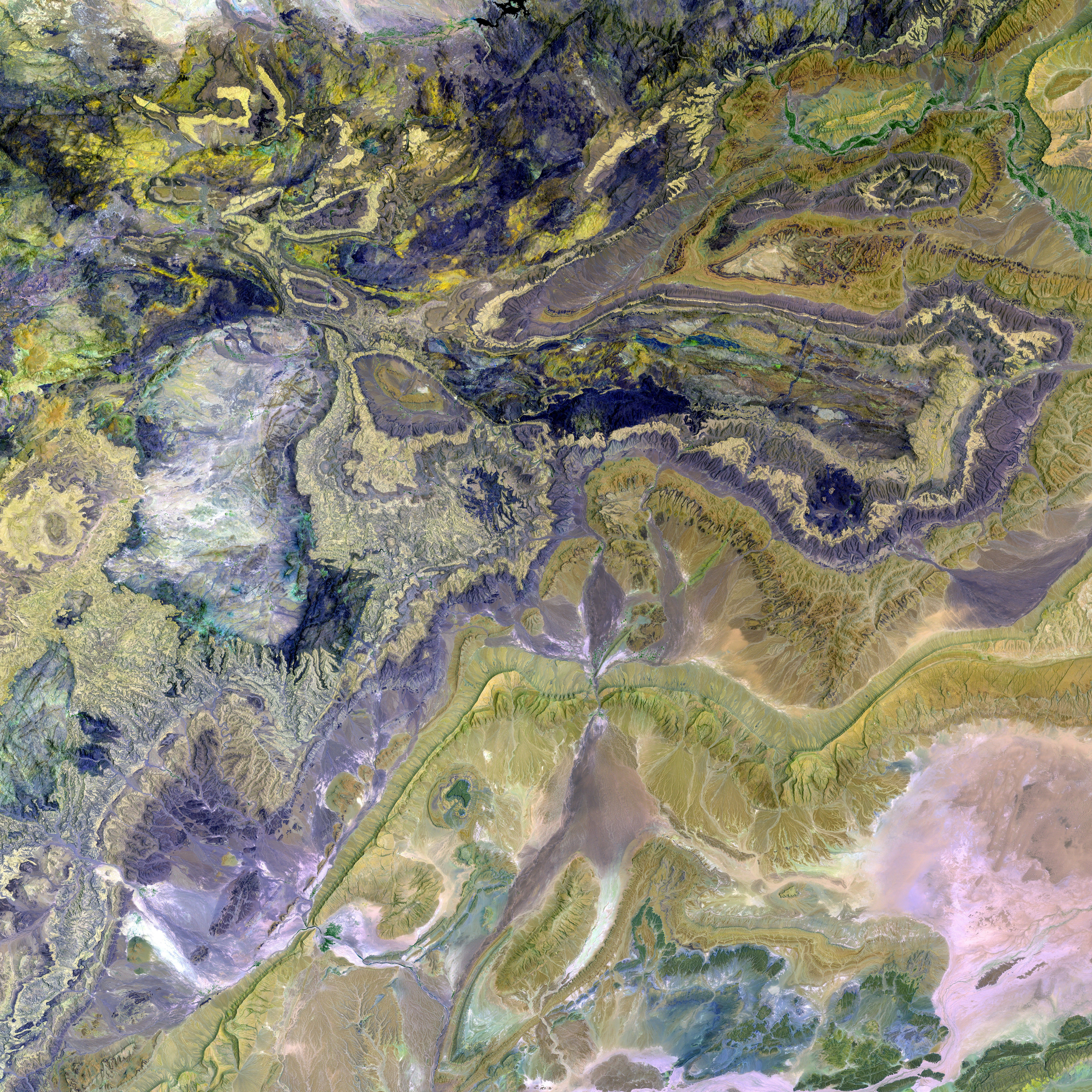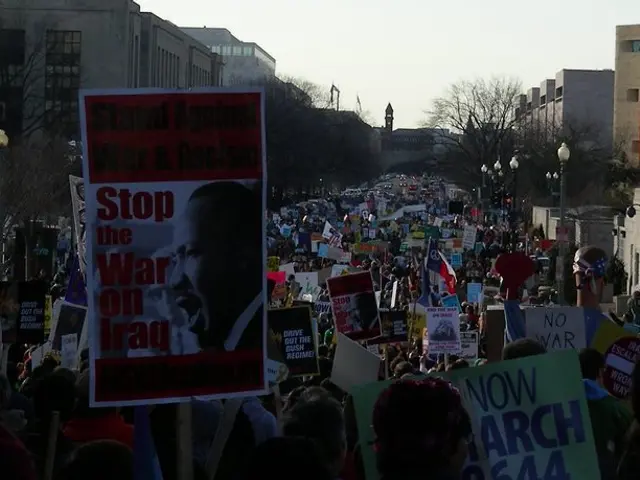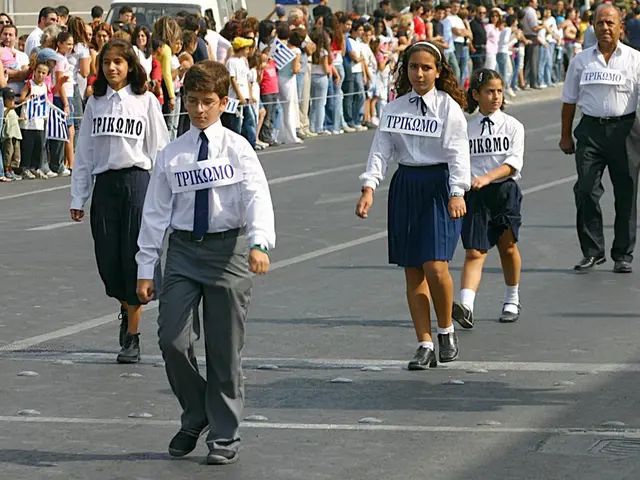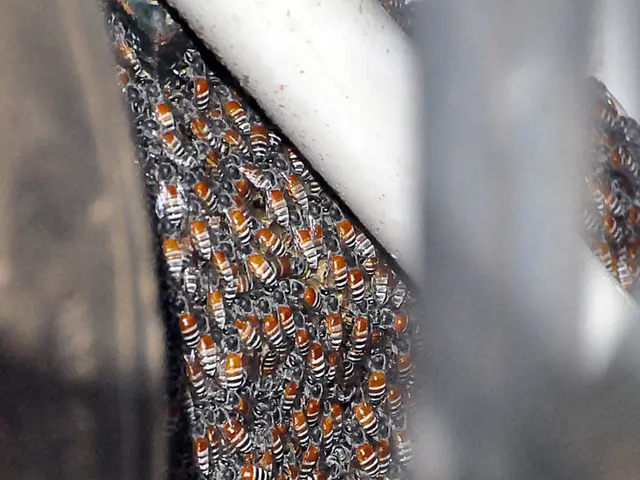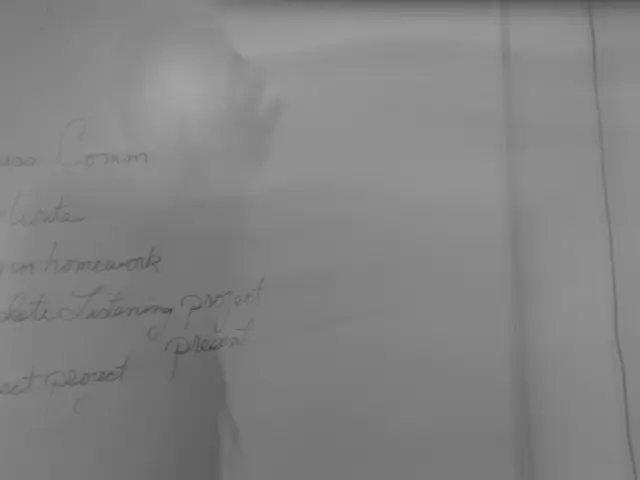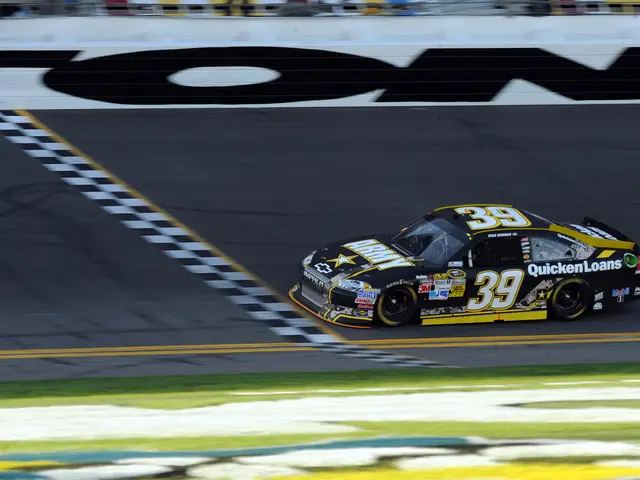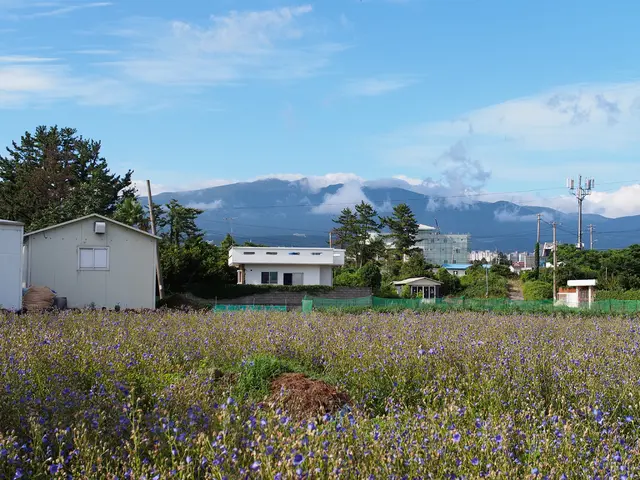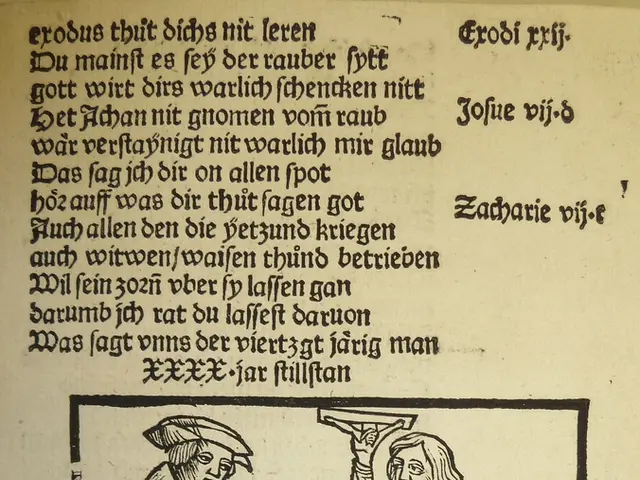Ukraine War Live Update +++ 23:31 Merz, Macron, Starmer, Tusk Head to Kyiv as Diplomatic Efforts Continue
Be a part of the conversation
Leading figures Merz, Macron, Starmer, and Tusk are en route to Kiev.
Join discussions on Facebook, Twitter, WhatsApp, Email, or Print; andCopy Link to share this article.
The leaders of Germany, France, the UK, and Poland are traveling to Kyiv for a historic show of solidarity with Ukraine. Friedrich Merz, Emmanuel Macron, Keir Starmer, and Donald Tusk, respectively, aim to emphasize their readiness to support peace talks as soon as possible and increase pressure on Russia, adhering to a joint statement. As tensions persist, diplomatic efforts remain crucial in managing the delicate situation.
Still brewing nearby, Alexander Lukashenko, the Belarusian President, continues to accuse the European Union of warmongering and transforming neighboring territories into launchpads for attacks beyond the North Atlantic bloc. During a military parade commemorating the end of World War II in Minsk, he argued that the European Union had transformed into a totalitarian military-political bloc with a revisionist mindset[1].
Thousands of Slovakians took to the streets in various cities to protest Prime Minister Robert Fico, who attended the World War II commemoration in Moscow as the only EU government leader. Critics condemned Fico's pro-Russian stance, with one protest call emphasizing, "May 9th is Europe's day. But Robert Fico spends it with a war criminal"[2].
In a bid to bolster its strategic partnership with Russia, Brazilian President Luiz Inacio Lula da Silva criticized Donald Trump's trade policies and expressed interest in collaborating with Russia on building small nuclear power plants, citing shared political, economic, and cultural interests[3].
As a demonstration of solidarity, the Nordic countries invited Ukraine to participate in military exercises of their security alliance Joint Expeditionary Force (JEF). The invitation is part of a joint effort to strengthen support for Ukraine against Russian aggression[4].
Meanwhile, tensions between Ukraine and Hungary escalated as Ukraine expelled two Hungarian diplomats, accusing them of using their diplomatic mission as a cover for espionage. The diplomatic spat follows Hungary's expulsion of two Ukrainian diplomats and the arrest of individuals suspected of spying for Hungary[5].
Across the Atlantic, new Germany Chancellor Friedrich Merz pledged his continued support for Ukraine, reiterating the importance of peaceful resolution and rebuilding efforts in the post-war aftermath[6].
- The leaders from Germany, France, the UK, and Poland, namely Friedrich Merz, Emmanuel Macron, Keir Starmer, and Donald Tusk, are agreed to travel to Kyiv, emphasizing their employment policy of readiness to support peace talks and increase pressure on Russia.
- The Ukrainian government, in line with their community policy, expelled two Hungarian diplomats, accusing them of using their diplomatic mission for espionage, escalating tensions between Ukraine and Hungary.
- Alexander Lukashenko, the Belarusian President, propagandistically accused the European Union of warmongering and transforming neighboring territories into launchpads for attacks beyond the North Atlantic bloc.
- In a politics move, Brazilian President Luiz Inacio Lula da Silva criticized Donald Trump's trade policies and expressed interest in collaborating with Russia on building small nuclear power plants, citing shared interests.
